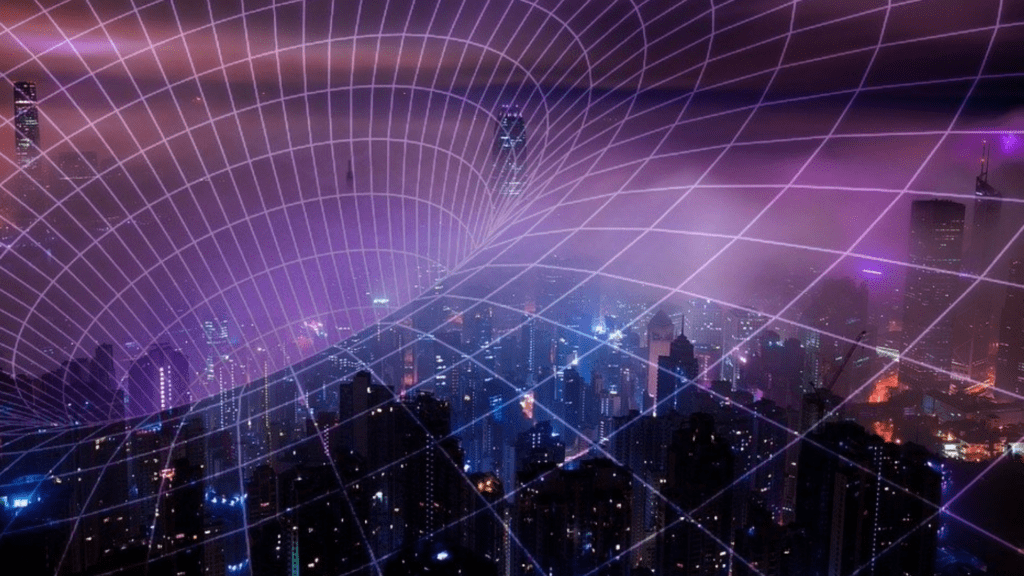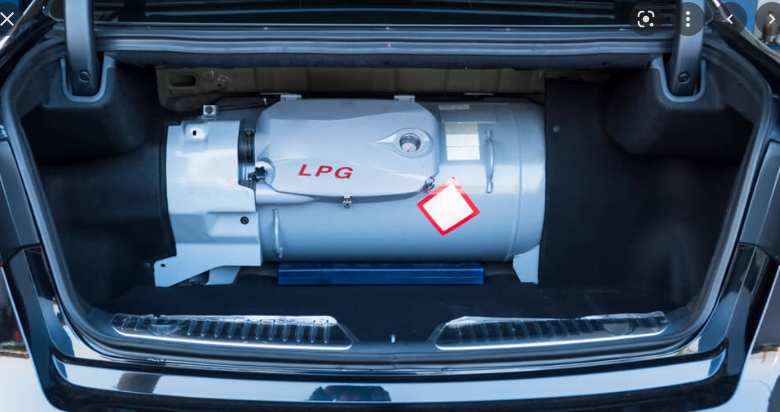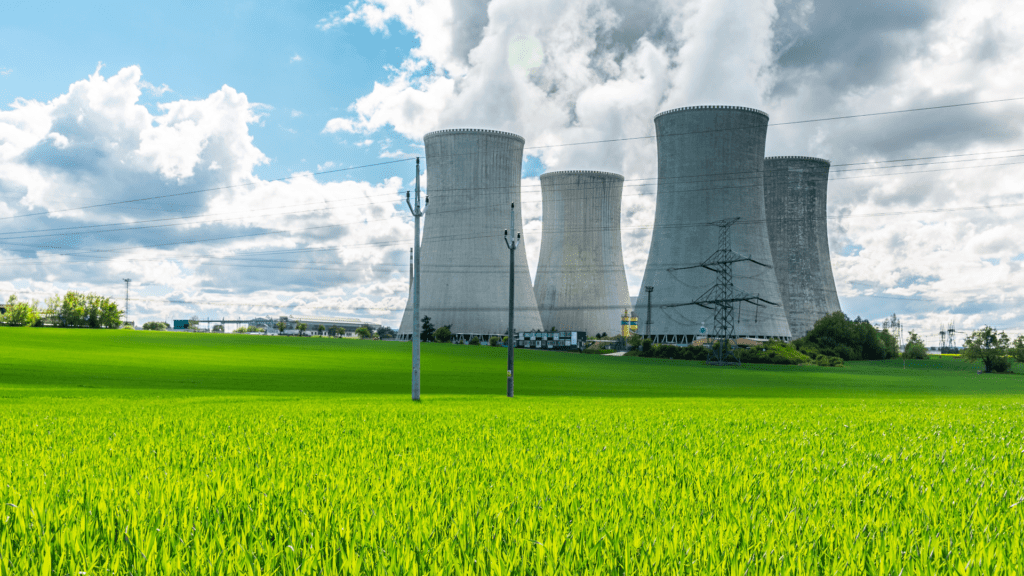Quantum Computers and the Future of Nuclear Energy.
Today we will take a little walk into the future. We’ll talk about how the almost unlimited potential associated with Quantum Computing in Designing Ultra Advanced Nuclear Power Stations will provide us with Environmentally Friendly Cities and Towns for our kids and grandkids.
Quantum computing, with its ability to harness the power of quantum superposition and entanglement, has emerged as a promising technology that could revolutionize various industries. One area where quantum computing holds immense potential is in the design and development of advanced nuclear power stations. In this article, we will explore how quantum computers can help us create nuclear power stations that surpass our imagination in terms of efficiency, reliability, and environmental friendliness.
Understanding Quantum Computing.
Before delving into the applications of quantum computing in nuclear energy, it is essential to grasp the fundamental principles behind this groundbreaking technology. Unlike traditional computers that use bits to represent information as either 0 or 1, quantum computers use qubits. Qubits can exist in multiple states simultaneously due to quantum superposition, allowing for parallel processing and exponential computational power.
Furthermore, qubits can be entangled; meaning the state of one qubit is dependent on the state of another, regardless of the distance between them. This property enables quantum computers to perform complex calculations and simulations much faster than classical computers.
Quantum Computing Enhanced Nuclear Power Station Design.
With their immense computational capabilities, quantum computers can significantly contribute to the design and optimisation of nuclear power stations. By leveraging quantum algorithms and simulations, scientists and engineers can analyse and model various aspects of nuclear energy with unprecedented accuracy and efficiency.
One crucial area where quantum computing can make a significant impact is in reactor design. Quantum algorithms can simulate and optimise the behaviour of nuclear materials, reactor components, and cooling systems, enabling the creation of more efficient and reliable power stations. These simulations can help identify potential issues, improve safety measures, and optimise the overall performance of nuclear reactors.
Moreover, quantum computing can aid in the development of further advancements in fast neutron nuclear reactors. These reactors use high-energy neutrons to achieve efficient and sustainable nuclear reactions. By harnessing the computational power of quantum computers, scientists can simulate and analyse the behaviour of fast neutron reactors, leading to further advancements in this field.
Fast neutron reactors play a crucial role in the utilization of pyro-chemically recycled nuclear fuel. Unlike conventional reactors, which use slow neutrons, fast neutron reactors have the ability to efficiently utilize recycled nuclear fuel, including plutonium and other transuranic elements.
One of the key advantages of fast neutron reactors is their ability to achieve a high burn-up rate, meaning they can extract more energy from a given amount of fuel. This is particularly important when utilizing recycled nuclear fuel, as it often contains a higher concentration of transuranic elements. Fast neutron reactors can effectively burn these elements, reducing their long-term radiotoxicity (the toxicity of radioactive substances) and minimizing and very close to eliminating the need for long-term storage.
Fast neutron reactors also offer enhanced safety features compared to traditional reactors. The use of fast neutrons reduces the risk of reactivity accidents and the potential for core meltdown. Additionally, the utilization of recycled nuclear fuel in fast neutron reactors significantly reduces the risk of nuclear proliferation. The high burn-up rate and efficient utilization of transuranic elements make it difficult to extract weapons-grade material from the fuel, enhancing global security.
Advancements in Nuclear Fuel Recycling.
Traditional nuclear reactors utilize enriched uranium as fuel, resulting in the production of high-level radioactive waste. This waste contains valuable materials that can be recycled and reused, reducing the overall volume and long-term hazards associated with nuclear waste disposal.
Recycling nuclear fuel not only reduces waste but also extends the energy potential of the fuel, making it a more efficient and sustainable option. Pyro-chemical recycling is a process that involves the separation and extraction of valuable materials from spent nuclear fuel. Unlike traditional methods, such as aqueous reprocessing, pyro-chemical recycling offers several advantages.
It involves the use of high-temperature molten salts, which can effectively extract and separate plutonium, uranium, and other valuable elements from the spent fuel. This process produces a more concentrated and manageable waste stream, reducing the overall volume of nuclear waste.
While I’m very much excited about how quantum computing will revolutionize the design of nuclear power stations, advancements in pyro-chemical recycling of spent nuclear fuel will also play a crucial role with providing future generations the best possible world to live in.
Quantum computing can aid in optimising and improving the pyro-chemical recycling process by simulating and analysing the behaviour of nuclear materials during recycling. This can lead to improved efficiency, reduced costs, and enhanced safety measures in the recycling and reuse of nuclear materials.
By combining the advancements in nuclear power station design with the efficient recycling and reuse of nuclear materials, we can achieve a remarkable balance between environmental sustainability and the provision of safe and reliable base-load electricity for the world’s population.
The Future of Nuclear Energy looks very bright.
While fast neutron reactors offer numerous advantages, there are still many challenges that need to be addressed. The development and deployment of these reactors require significant investment and research. Additionally, the management of the high-temperature molten salts used in pyro-chemical recycling presents technical and safety challenges.
However, several countries, including Russia, China, and Japan, have made significant progress in the development of fast neutron reactors and pyro-chemical recycling technologies. These advancements will help pave the way for a more sustainable and efficient nuclear energy future. The more we learn today, the more information future quantum computers will be able to use as base information.
The more countries that come online with Nuclear Energy, the more money will be thrown into research and development. Continuous improvement with Fast neutron reactors are the key to utilizing pyro-chemically recycled nuclear fuel, offering numerous advantages in terms of waste reduction, energy efficiency, safety, and proliferation resistance.
As we strive towards a more sustainable and clean energy future, the development and deployment of fast neutron reactors will play a crucial role in harnessing the full potential of nuclear power while minimizing its environmental impact. On top of all of that, we are bound to get quantum computers up and going being produced commercially eventually.
As quantum computing continues to evolve, its impact on the field of nuclear energy will only grow stronger. With the ability to perform complex calculations and simulations at an unprecedented speed, quantum computers will enable us to design nuclear power stations that are not only highly efficient and reliable but also environmentally friendly.
By harnessing the power of quantum superposition and entanglement, we can unlock new possibilities in reactor design, fuel recycling, and overall optimisation of nuclear energy systems.
The combination of super advanced fast neutron nuclear reactors and 100% efficient recycling and reuse of nuclear material will pave the way for a future where nuclear energy plays a vital role in meeting our energy needs while minimizing our impact on the planet.
As we look ahead, it is clear that quantum computers will play a crucial role in shaping the future of energy, particularly in the realm of nuclear power. The potential for advanced nuclear power stations beyond our imagination is within our reach, and with further advancements in quantum computing, we can create a sustainable and reliable energy future for generations to come.












